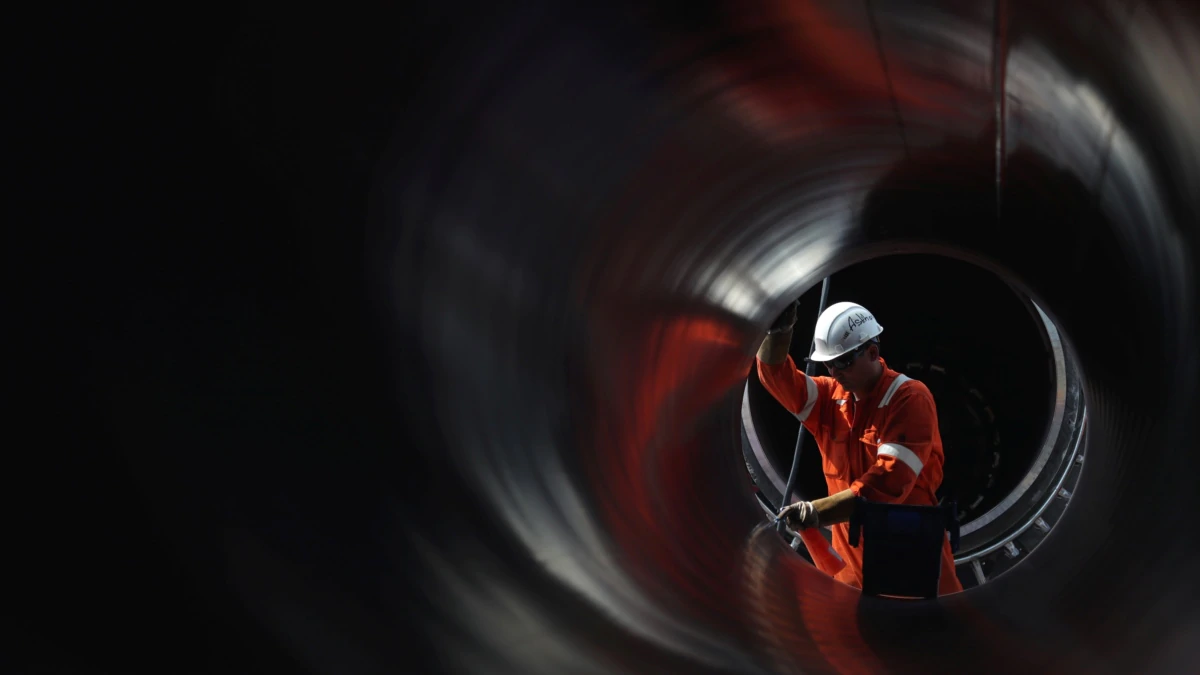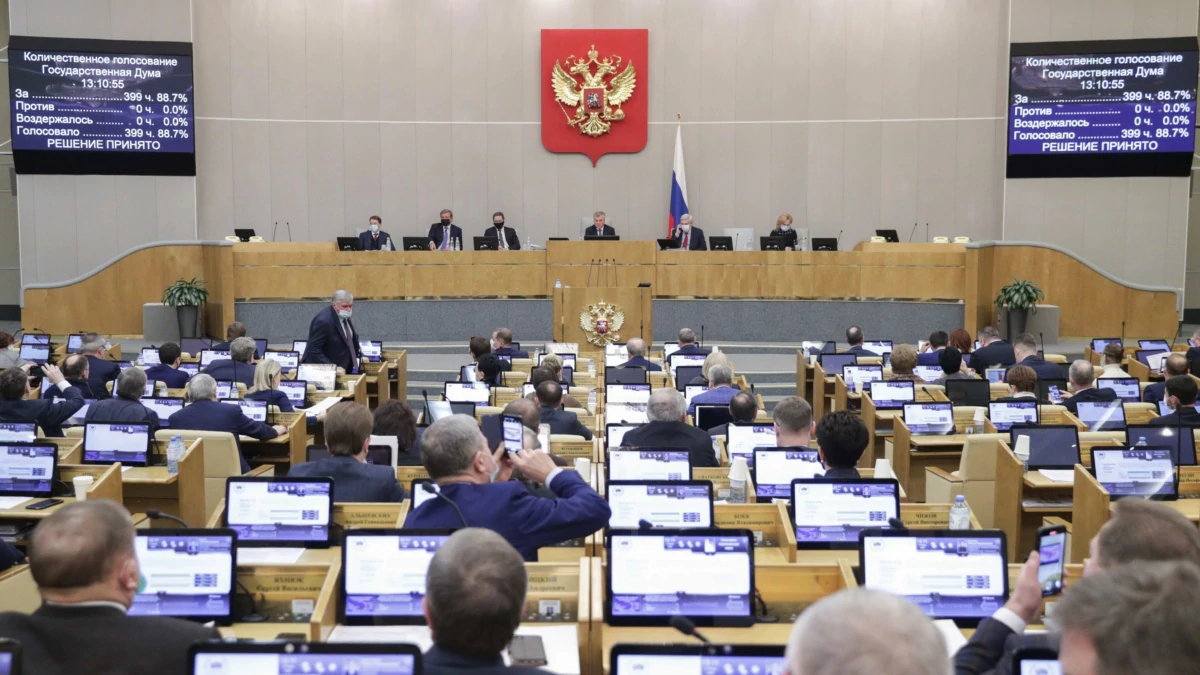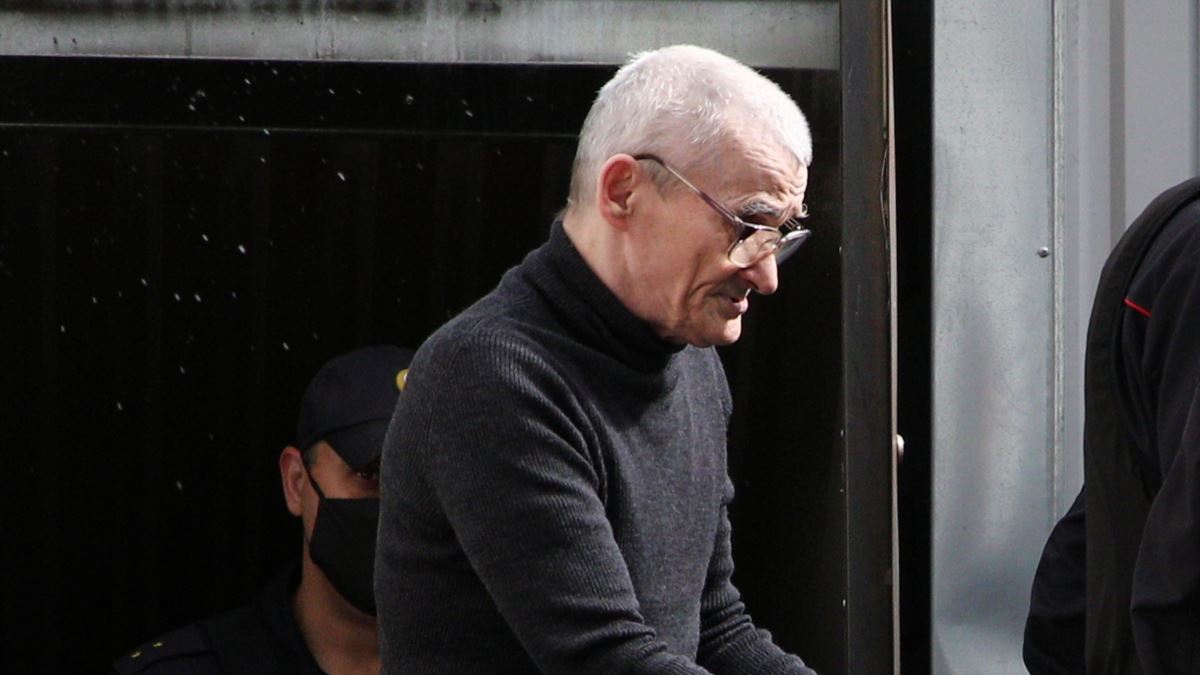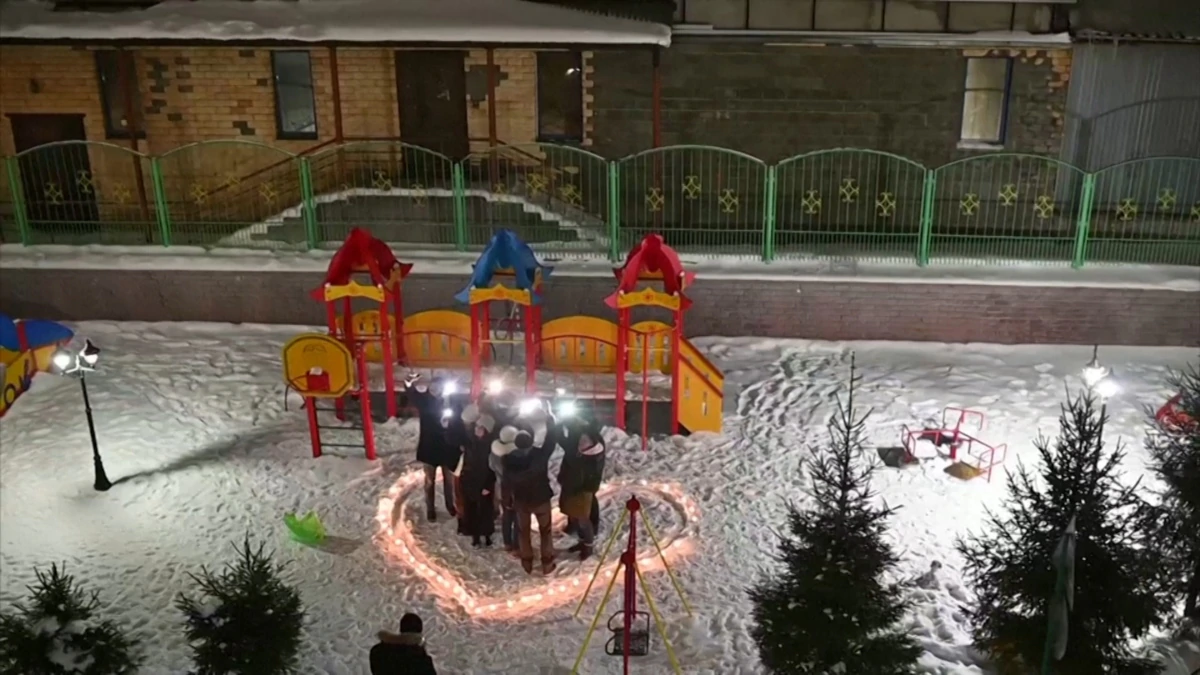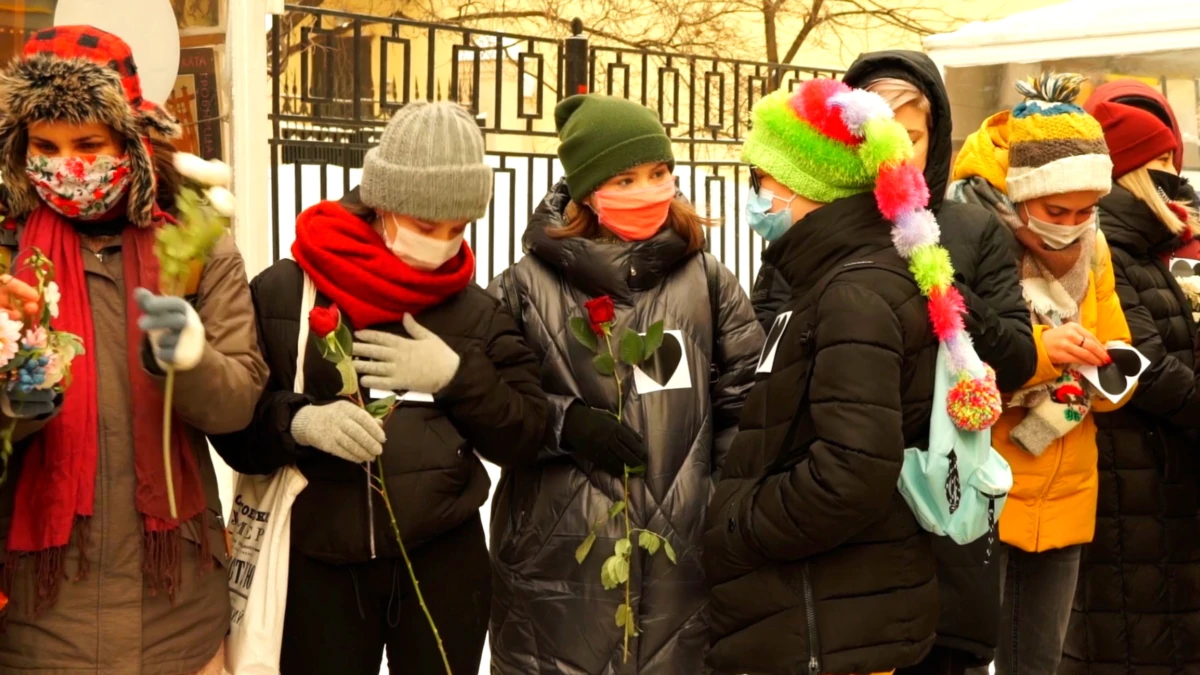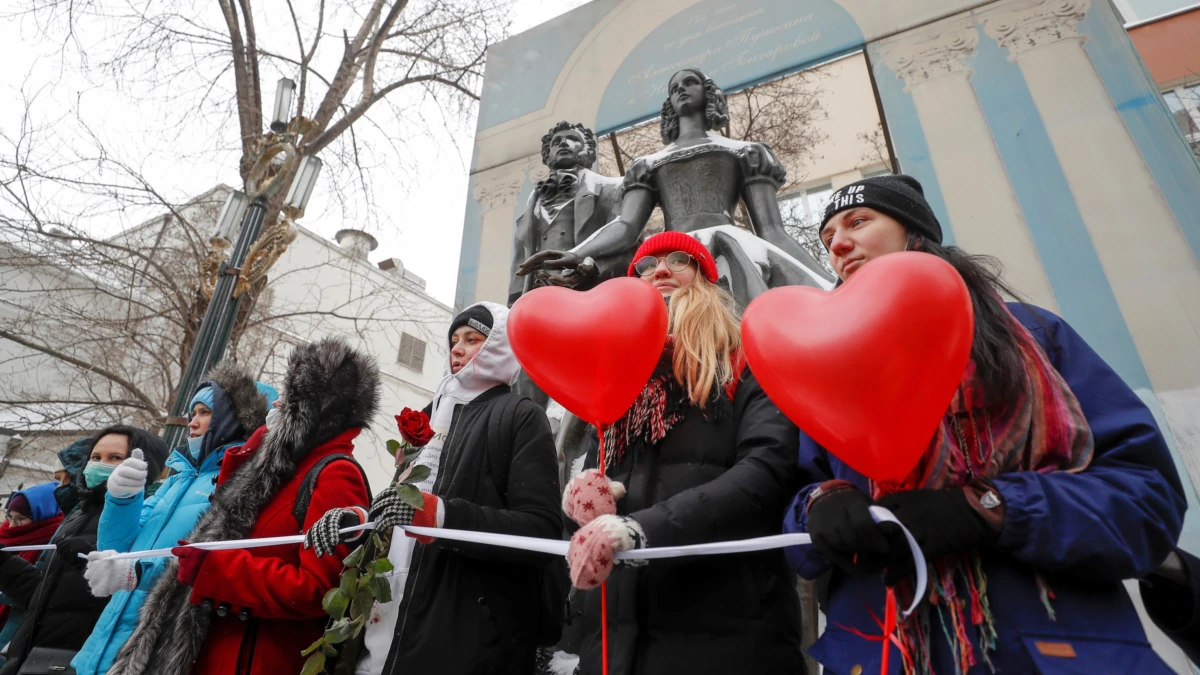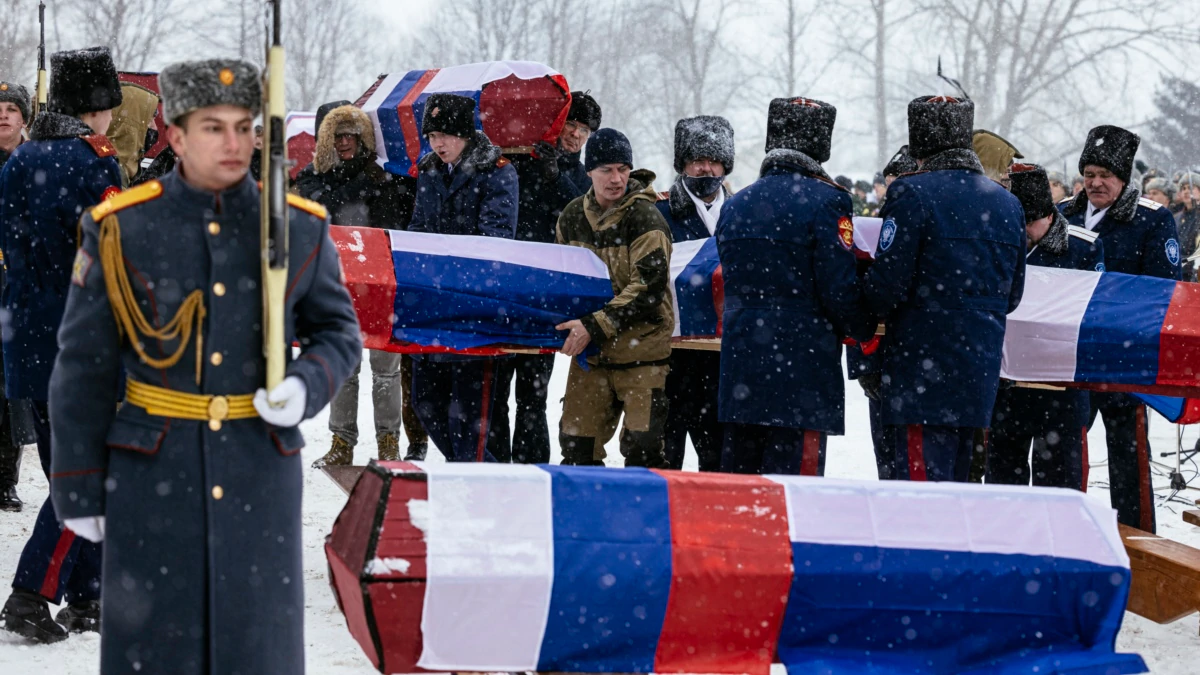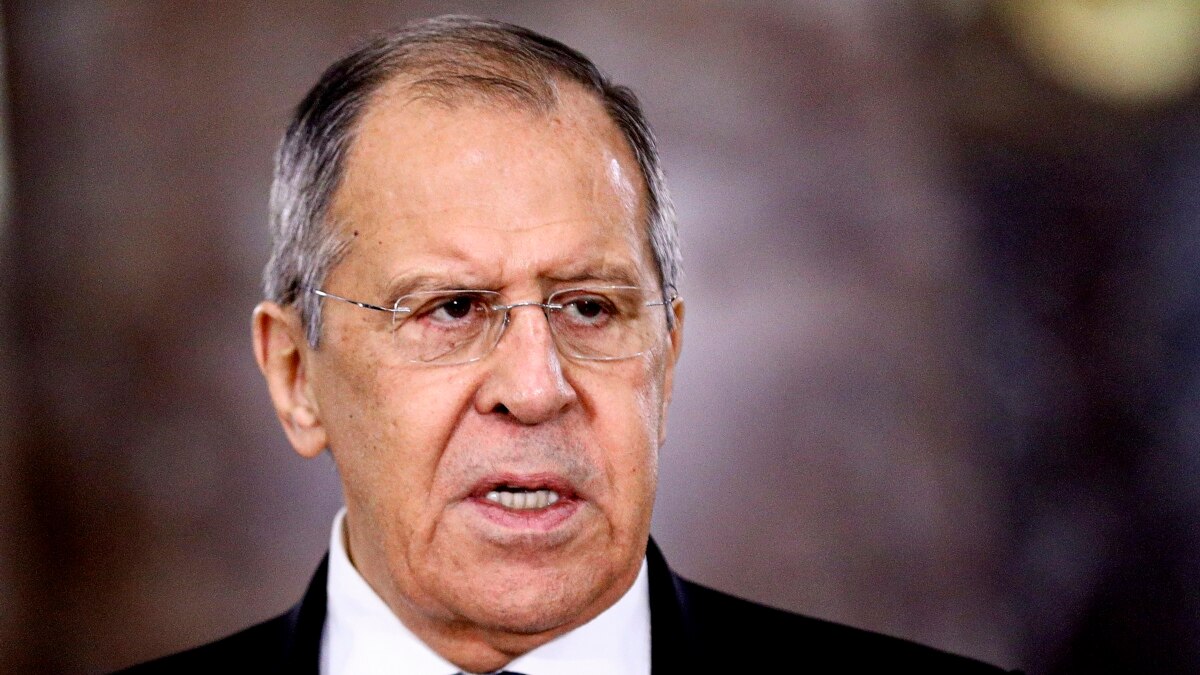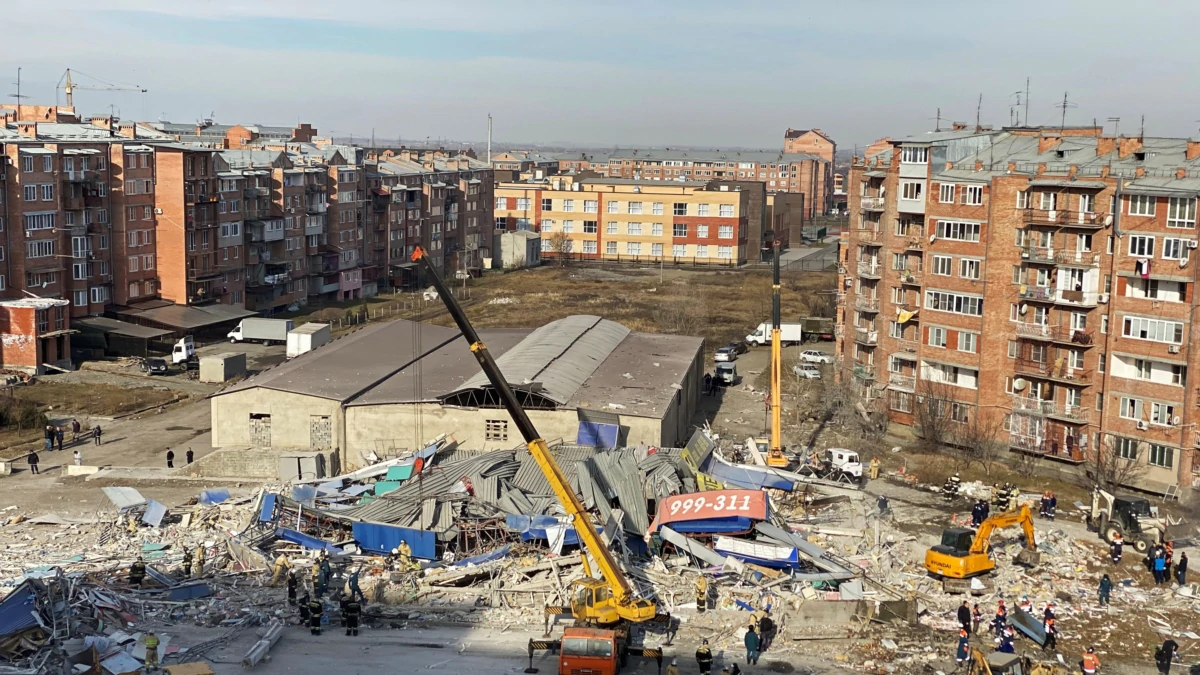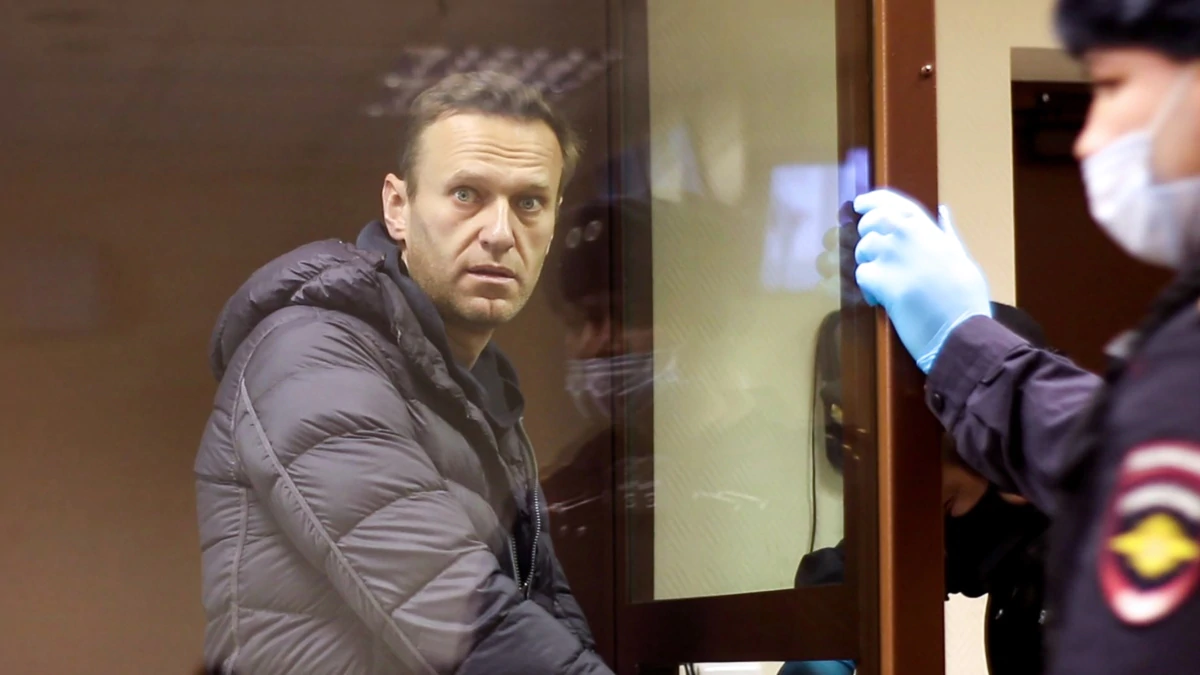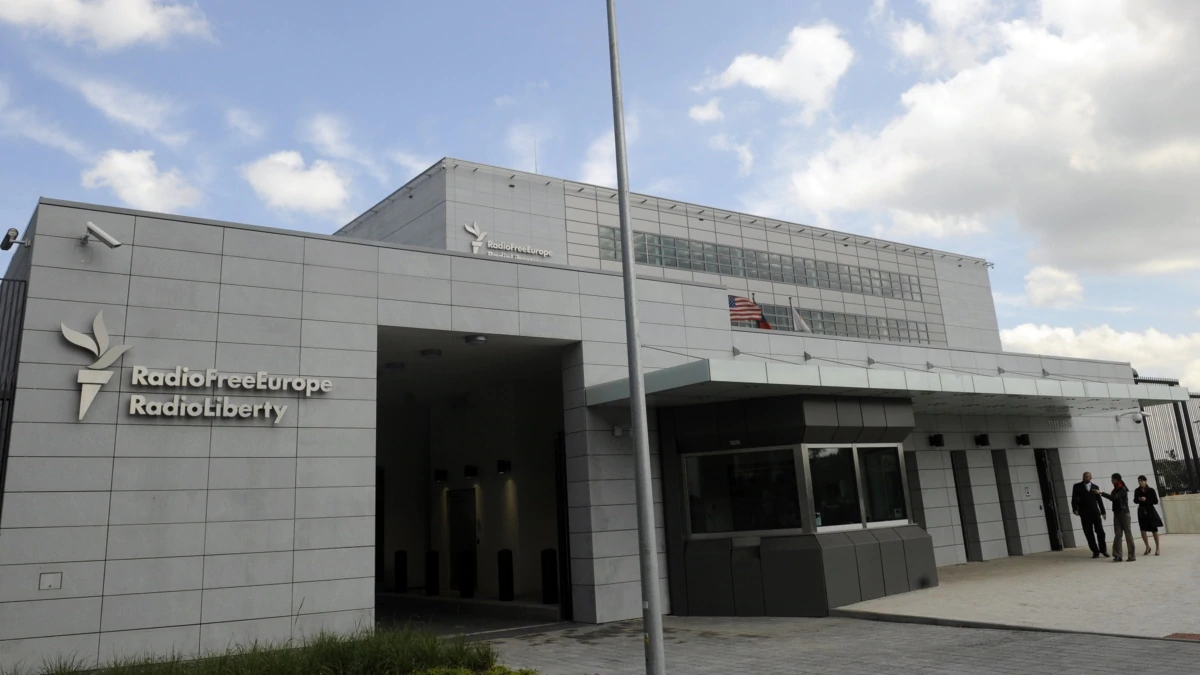Victoria Nuland exemplifies the neocons who have led US foreign policy from one disaster to another for the past 30 years while evading accountability. It is a bad sign that President Joe Biden has nominated Victoria Nuland for the third highest position at the State Department, Under Secretary for Political Affairs.
As a top-level appointee, Victoria Nuland must be confirmed by the US Senate. There is a campaign to Stop her confirmation. The following review of her work shows why Victoria Nuland is incompetent, highly dangerous and should not be confirmed.
Afghanistan and Iraq
From 2000 to 2003, Nuland was US permanent representative to NATO as the Bush administration attacked then invaded Afghanistan. The Afghan government offered to work with the US remove Al Qaeda, but this was rejected. After Al Qaeda was defeated, the US could have left Afghanistan but instead stayed, established semi-permanent bases, split the country, and is still fighting there two decades later.
From 2003 to 2005 Nuland was principal foreign policy advisor to Vice President Dick Cheney who “helped plan and manage the war that toppled Saddam Hussein, including making Bush administration’s case for preemptive military actions based on Iraq’s alleged weapons of mass destruction.” The foreign policy establishment, with Nuland on the far right, believed that removing Saddam Hussein and installing a US “ally” would be simple.
The invasion and continuing occupation have resulted in over a million dead Iraqis, many thousands of dead Americans, hundreds of thousands with Post Traumatic Stress Disorder at a cost of 2 to 6 TRILLION dollars.
From 2005 to 2008 Victoria Nuland was US Ambassador to NATO where her role was to “strengthen Allied support” for the occupations of Afghanistan and Iraq.
On the 10th anniversary of the invasion, when asked about the lessons learned Nuland responded: “Compared to where we were in the Saddam era, we now have a bilateral security agreement … We have deep economic interests and ties. We have a security relationship. We have a political relationship.” Nuland is oblivious to the costs. Nuland’s loyalties are to the elite who have benefitted from the tragedy. According to online google, “One of the top profiteers from the Iraq War was oil field services corporation, Halliburton. Halliburton gained $39.5 billion in ‘federal contracts related to the Iraq war.’ Nuland’s boss, Vice President Dick Cheney, was the former the CEO of Halliburton.
In January 2020, seventeen years after the US invasion, the Iraqi parliament passed a resolution demanding the US troops and contractors leave. Now, over one year later, they still have not left.
Libya
In spring 2011, Victoria Nuland became State Department spokesperson under Hillary Clinton as she ramped up the “regime change” assault on Moammar Gaddafi of Libya. UN Security Council resolution 1973 authorized a “No Fly Zone” for the protection of civilians but NOT an air assault on Libyan government forces.
That summer, as US and others bombed and attacked Libyan forces, she dismissed the option of a peaceful transition in Libya and falsely suggested the UN Security Council required the removal of Gaddafi.
The campaign led to the toppling of the Libyan government and killing of Gadaffi. Commenting on the murder and bayonet sodomizing of Gaddafi, Nuland’s boss Hillary Clinton chortled: “We came, we saw, he died.”
Before the overthrow, Libya had the highest standard of living in all of Africa. Since the US led assault, Libya has become a failed state with competing warlords, huge inflation, huge unemployment, and exploding extremism and violence that has spread to neighboring countries. Most of the migrants who have crossed the Mediterranean trying to reach Europe, or drowned trying to, are coming from Libya. By any measure, the goal of “protecting” Libyan civilians has failed spectacularly.
Syria
One reason that Clinton and hawks such as Nuland wanted to overthrow Gaddafi was to get access to the Libyan military arsenal. That way they could funnel arms to insurgents seeking to overthrow the Syrian government. This was confirmed in secret DOD documents which state: “During the immediate aftermath of, and following the uncertainty caused by, the downfall of the [Gaddafi] regime in October 2011 and up until early September of 2012, weapons from the former Libya military stockpiles located in Benghazi, Libya were shipped from the port of Benghazi, Libya to the ports of Banias and the Port of Borj Islam, Syria.”
In January 2012, Nuland claimed the US is “on the side of those wanting peaceful change in Syria.” While saying this, the US was supplying sniper rifles, rocket propelled grenades, and 125 mm and 155 mm howitzer missiles to the “peaceful” protestors.
The US “regime change” strategy for Syria followed the pattern of Libya. First, claim that the protestors are peaceful. Then claim the government response is disproportionate. Put pressure on the target government to paralyze it, while increasing support to proxy protesters and terrorists. As documented, there were violent Syrian protesters from the start. During the first days of protest in Deraa in mid-March 2011, seven police were killed. As spokesperson for the State Department, Nuland was a major figure promoting the false narrative to justify the “regime change” campaign.
Ukraine

In September 2013 Victoria Nuland was appointed Assistant Secretary of State for European and Eurasian Affairs. The uprising in the central plaza known as the Maidan began soon after her arrival. To underscore the US support for the protests, Nuland and Senator John McCain passed out bread and cookies to the crowd.
Protests continued into January 2014. The immediate issue was whether to accept a loan from the International Monetary Fund which was going to require a 40% increase in natural gas bills or to accept a loan from Russia with the inclusion of cheap oil and gas. The opposition wanted the Yanukovych government to take the EU/IMF loan. The opposition was comprised of different factions, including the neo-Nazi Svoboda Party and Right Sector.
In early February 2014, an audio recording of Victoria Nuland talking the US Ambassador to Ukraine, Geoffrey Pyatt, was leaked to the public. The 4-minute conversation was a media sensation because it included Victoria Nuland saying, “Fuck the EU.”
But Nuland’s cursing was a distraction from what was truly significant. The recording showed that Nuland was meddling in domestic Ukraine affairs, had direct contacts with key opposition leaders, and was managing the protests to the extent she was deciding who would and would not be in the post-coup government! She says, “I don’t think Klitsch [Vitaly Klitschko] should go into government…… I think Yats [Arseniy Yatseniuk] is the guy… “
The reason she wanted to “Fuck the EU” was because she did not approve the EU negotiations and compromise. Nuland and Pyatt wanted to “midwife” and “glue” the toppling of the Yanukovych government despite it being in power after an election that was observed and substantially approved by the OSCE (Organization for Security and Co-operation in Europe).
Over the next few weeks, the protests escalated. The President of the American Chamber of Commerce in Kiev, Bernard Casey, described what happened next. “On February 18-20, snipers massacred about 100 people [both protestors and police] on the Maidan …. Although the US Ambassador and the opposition blamed the Yanukovych Administration, the evidence points to the shots coming from a hotel controlled by the ultranationalists, and the ballistics revealed that the protestors and the police were all shot with the same weapons.”
The Estonian Foreign Minister later said the same thing: “behind the snipers it was not Yanukovych, but it was somebody from the new (opposition) coalition”.
President of the American Chamber of Commerce President for Ukraine, Bernard Casey, continues: “On February 20, 2014 an EU delegation moderated negotiations between President Yanukovych and the protestors, agreeing to early elections – in May 2014 instead of February 2015…. Despite the signing of an agreement … the ultranationalist protestors, and their American sponsors, rejected it, and stepped up their campaign of violence.”
The coup was finalized over the coming days. Yanukovych fled to for his life and Yatsenyuk became President after the coup as planned.
One of the first acts of the coup leadership was to remove Russian as an official state language, even though it is the first language of millions of Ukrainians, especially in the south and east. Over the coming period, the “birth” of the coup government, violence by ultranationalists and neo-Nazis was prevalent. In Odessa, they attacked people peacefully protesting the coup. This video shows the sequence of events with the initial attack followed by fire-bombing the building where protestors had retreated. Fire trucks were prevented from reaching the building to put out the fire and rescue citizens inside. Forty-two people died and a 100 were injured.
A bus convoy heading back to Crimea was attacked with the anti-coup passengers beaten and some killed.
In the Donbass region of eastern Ukraine, protests against the coup were met by deadly force.
Victoria Nuland claims to be a “victim” because her conversation was leaked publicly. The real victims are the many thousands of Ukrainians who have died and hundreds of thousands who have become refugees because of Nuland’s crusade to bring Ukraine into NATO.
The audio recording confirms that Nuland was managing the protests at a top level and the results (Yats is the guy) was as planned. Thus, it is probable that Nuland approved the decision to 1) deploy snipers to escalate the crisis and 2) overturn the EU mediated agreement which would have led to elections in just 3 months.
Why were snipers deployed on February 18? Probably because time was running out. The Russian leadership was distracted with the Sochi Olympic Games ending on February 23. Perhaps the coup managers were in a hurry to “glue” it in advance.
Russia
During the 1990’s, Nuland worked for the State Department on Russia related issues including a stint as deputy director for former Soviet Union affairs. The US meddled in Russian internal affairs in myriad ways. Time magazine proudly proclaimed: “Yanks to the rescue: the secret story of how American advisors helped Yeltsin win.” The Yeltsin leadership and policies pushed by the US had disastrous consequences. Between 1991 and 1999, Russian Gross Domestic Product decreased by nearly 50% as the social safety net was removed. The Russian economy collapsed, oligarchs and lawlessness arose. Nuland was part of the US group meddling in Russia, deploying economic “shock therapy” and causing widespread social despair.
Meanwhile, the U.S. reneged on promises to Soviet leader Gorbachev that NATO would not expand “one inch” eastward. Instead, NATO became an offensive pact, bombing Yugoslavia in violation of international law and then absorbing Poland, Hungary, Bulgaria, Romania, the Baltic states, the Czech Republic, Albania, Croatia and more.
Coming into power in 2000, Putin clamped down on the oligarchs, restored order and started rebuilding the economy. Oligarchs were forced to pay taxes and start investing in productive enterprises. The economy and confidence were restored. Over seven years, GDP went from $1300 billion (US dollars) to $2300 billion. That is why Putin’s public approval rating has been consistently high, ranging between 85% and a “low” approval rating of 60%.
Most Americans are unaware of these facts. Instead, Putin and Russia are persistently demonized. This has been convenient for the Democratic Party establishment which needed a distraction for their dirty tricks against Bernie Sanders and subsequent loss to Donald Trump. The demonization of Russia is also especially useful and profitable for the military industrial media complex.
Victoria Nuland boosted the “Steele Dossier” which alleged collaboration between Russia and Trump and other salacious claims. The allegations filled the media and poisoned attitudes to Russia. Belatedly, the truth about the “Steele Dossier” is coming out. Last summer the Wall Street Journal reported “the bureau (FBI) knew the Russia info was phony in 2017” and that “There was no factual basis to the dossier’s claims”.
While promoting disinformation, Victoria Nuland is pushing for a more aggressive US foreign policy. In an article titled “Pinning Down Putin”, she says “Russia’s threat to the liberal world has grown”, that Washington should “deter and roll back dangerous behavior by the Kremlin” and “rebuff Russian encroachments in hot spots around the world.”
The major “hot spots” are the conflicts which Victoria Nuland and other Washington neocons promoted, especially Syria and Ukraine. In Syria, the US and allies have spent hundreds of BILLIONS of dollars promoting the overthrow of the Assad government. So far, they have failed but have not given up. The facts are clear: US troops and military bases in Syria do not have the authorization of the Syrian government. They are actively stealing the precious oil resources of the Syrian state. It is the US not Russia that is “encroaching”. The dangerous behavior is by Washington not Moscow.
Conclusion
Victoria Nuland has promoted a foreign policy of intervention through coups, proxy wars, aggression, and ongoing occupations. The policy has been implemented with bloody and disastrous results in Afghanistan, Iraq, Libya, Syria, and Ukraine.
With consummate hypocrisy she accuses Russia of spreading misinformation in the US, while she openly seeks to put “stress on Putin where he is vulnerable, including among his own citizens.” She wants to “establish permanent bases along NATO’s eastern border and increase the pace and visibility of joint training exercises.”
Victoria Nuland is the queen of chicken hawks, the Lady Macbeth of perpetual war. There are hundreds of thousands of victims from the policies she has promoted. Yet she has not received a scratch. On the contrary, Victoria Nuland probably has profited from a stock portfolio filled with military contractors.
Now Victoria Nuland wants to provoke, threaten and “rollback” Russia. A quick look at a map of US military bases shows who is threatening whom.
Victoria Nuland is highly dangerous and should not be confirmed.
This article was posted on Saturday, February 13th, 2021 at 7:42am and is filed under Imperialism, Libya, Militarism, Russia, Syria, Ukraine.
This post was originally published on Radio Free.
